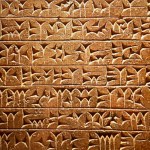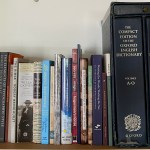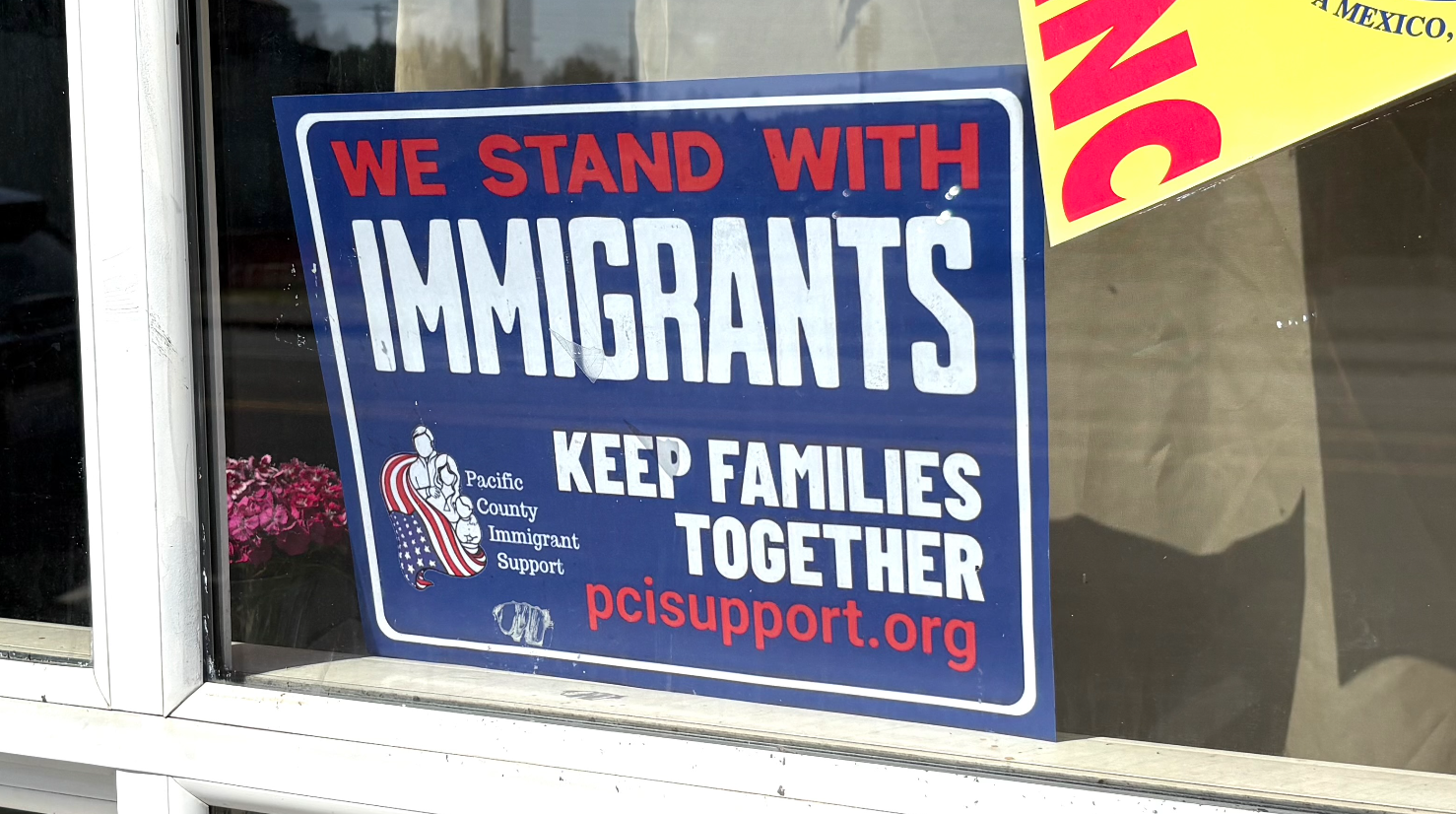Coast Chronicles: It is too soon or too late for summer reading?
Published 12:43 pm Friday, June 27, 2025


I know we’ve passed the Summer Solstice—days start getting shorter from here on out. So it’s time, if you haven’t already done it, to gather up your summer reading material. I’ve been doing some research for you for the last couple months. I accomplish this by combining reviews in the New York Times, New York Book Review and New Yorker (what’s with all the news?) publications with my trusty Libby app to find and read great books. (I hope you know that with any library card, like your Timberland card, you can sign up and “check out” books and magazines from Libby, to be read on your phone or computer or for audio enjoyment.)
Libby (and others) allow you to preview a book or listen to the beginning of it to see if you like the writing style or the voice reading the text. This voicing makes a huge difference to me. Some authors read their own works and, for my money, that is usually a mistake—give me a pleasantly-toned British accent, or at least one that goes with the content of the book, and I’m happiest. (Some authors, and I’m sorry to say, mostly women, have high squeaky or nasally voices that I cannot abide.) On Libby you can even speed up or slow down the speed of the audio—very helpful.
I’m a book fan from single digit days so I’ve had a really hard time limited my choices for you. To make it easier, I hope, for you to select something that might suit you, I’ve gathered some of my faves into distinct genres.
Nonfiction/history
This has evolved into being my favorite type of reading these days. As one gets older, maybe learning about history starts to make more sense. (I never thought it did in elementary school when we had to memorize the names of explorers or state capitals.) And these days I’ve gone back to some of the earliest roots of humanity, trying to understand why we are where we are in our current divisive era. Lo and behold, mankind has been at war since pretty much the beginning of human time.
First, a historical book that simply focuses on the puzzles of the ages, in this case the earliest known writing. “The Mesopotamian Riddle,” by Joshua Hammer, lays out a fascinating tale of how cuneiform was decoded, not only for its meaning but perhaps also, amazingly, how it actually sounded. It’s a wiggly story of men from different continents trying to unravel something that at first seemed completely inscrutable. Cuneiform was evidently initially used to measure stores of grain, oil, and other products for commerce or tax purposes. How to interpret those little triangular indentations in clay took tenacious and deeply curious individuals, and a lot of linguistic cross-referencing. The story captivated me like any good detective novel.
From cuneiform I went back to the history of the civilizations themselves and dived into “Persian Fire,” by Tom Holland. Here is where we see that the beginning of human “urbanity” went hand in hand with subjugation, the incredible torture of enemies, and the overall corruption of power. We may be less willing now to put heads on pikes in the marketplace, but our addiction to war has only been enhanced in other gruesomely exponential ways by technology. Nonetheless, it’s a captivating story.
If you want something a little closer to home, pick up “The British Are Coming,” by Pulitzer Prize-winning author Rick Atkinson. It’s the first in a trilogy about our own revolution from the Brits, deeply researched and compellingly written. It’s a timely reminder about how hard we fought, how many sacrifices we made as a people to determine our own destiny as a nation free of the whimsical rule of a king. I can’t help but point out the irony that on our current path we are throwing that away.
First person science
I took an even deeper diver into the roots of human evolution in combination with one of my other favorite categories of writing, biography. Meave Leaky, with her daughter Samira Leakey, wrote “The Sediments of Time, My Lifelong Search for the Past,” a captivating story about early hominid fossils, how and where they were found. In her first few years as a fossil hunter, there was still no real understanding about how many humanoid strains had evolved from the great apes. As the book unfolds, new techniques for dating and for better understanding the lives of our earliest ancestors are developed. Plus we learn a lot about her life, and see the commitment and passion exhibited by a remarkable woman scientist in a famous family of scientists.
Robert MacFarland is another favorite author of mine. He combines personal narrative in the service of unique scientific exploration. In “Underland, a Deep Time Journey” he takes us, just as it sounds, below ground in all manner of circumstances: from the Parisian catacombs, to a deep underground mining facility, to nearly inaccessible cave art sites. He’s known for a series of well-told first-person adventures, so any of his books would be worthwhile reading.
I also love the work of Neil Shubin, another scientist/author. I’ve written before about “Your Inner Fish,” Shubin’s step-by-step analysis of how much we inherited from Tiktaalik rosea, the fish that walked on land 375 million years ago and made the transition from aquatic to terrestrial life. In “Ends of the Earth, Journeys to the Polar Regions in Search of Life, the Cosmos, and Our Future,” Shubin continues his fossil tales in frozen climes.
Fiction
I propose two knock-out great novels, (yes, occasionally I read fiction). The first is “This Is Happiness,” by Naill Williams who with his wife Christine Breen moved to Kiltumper, County Claire in Ireland after their meeting in New York City. Williams has written a long lovely love story set in a small fictional though true-to-life town in rural Ireland. I used the audio version to listen to this tale partly because it is read by someone with a lilting Irish accent.
My second fiction choice is a fantasy/romance/historical (it’s complicated!) retelling of the Arthurian legend entitled “The Bright Sword, a Novel of King Arthur,” by Lev Grossman. I’ve actually listened to this one twice through because it’s one of those novels you fall into so completely that you don’t want it to end. I would call it one of the best escapes I’ve found—as antidote to our current ghastly political scene—complete with fairies, magic, brave knights, strong women, strange battles, and twists of fate.
Memoir, maybe?
Here’s one last book that I really don’t know how to categorize: “Living with a Wild God, A Nonbeliever’s Search for the Truth about Everything,” by Barbara Ehrenreich—I guess it might best be called memoir? Ehrenreich was a political activist known for her commentary on social issues: minimum-wage jobs, the dilemmas of the middle class, health, feminism. Throughout her life, she called herself an atheist, but then, this book emerged in 2014. It’s a brilliant (and often funny) looking back at a mystical experience she had as a young woman that she immediately buried in her psyche. She must have felt this was unfinished business. I followed her zig-zag freelance career for decades until her death in 2020. (She studied physics at Reed College, then switched to chemistry: her senior thesis was Electrochemical oscillations of the silicon anode. Then she enrolled in theoretical physics at Rockefeller, but eventually earned a PhD in cellular immunology!) She’s a one-of-a-kind writer and this book is as unsettled as she was by this experience in her life.
OK—that’s my suggested list, folks. If none of these pique your fancy, just stop by one of our Timberland Libraries and scan the shelves. That’s a good old-fashioned and still tried-and-true way to find a book that catches your attention. Let’s keep analog experiences alive!








